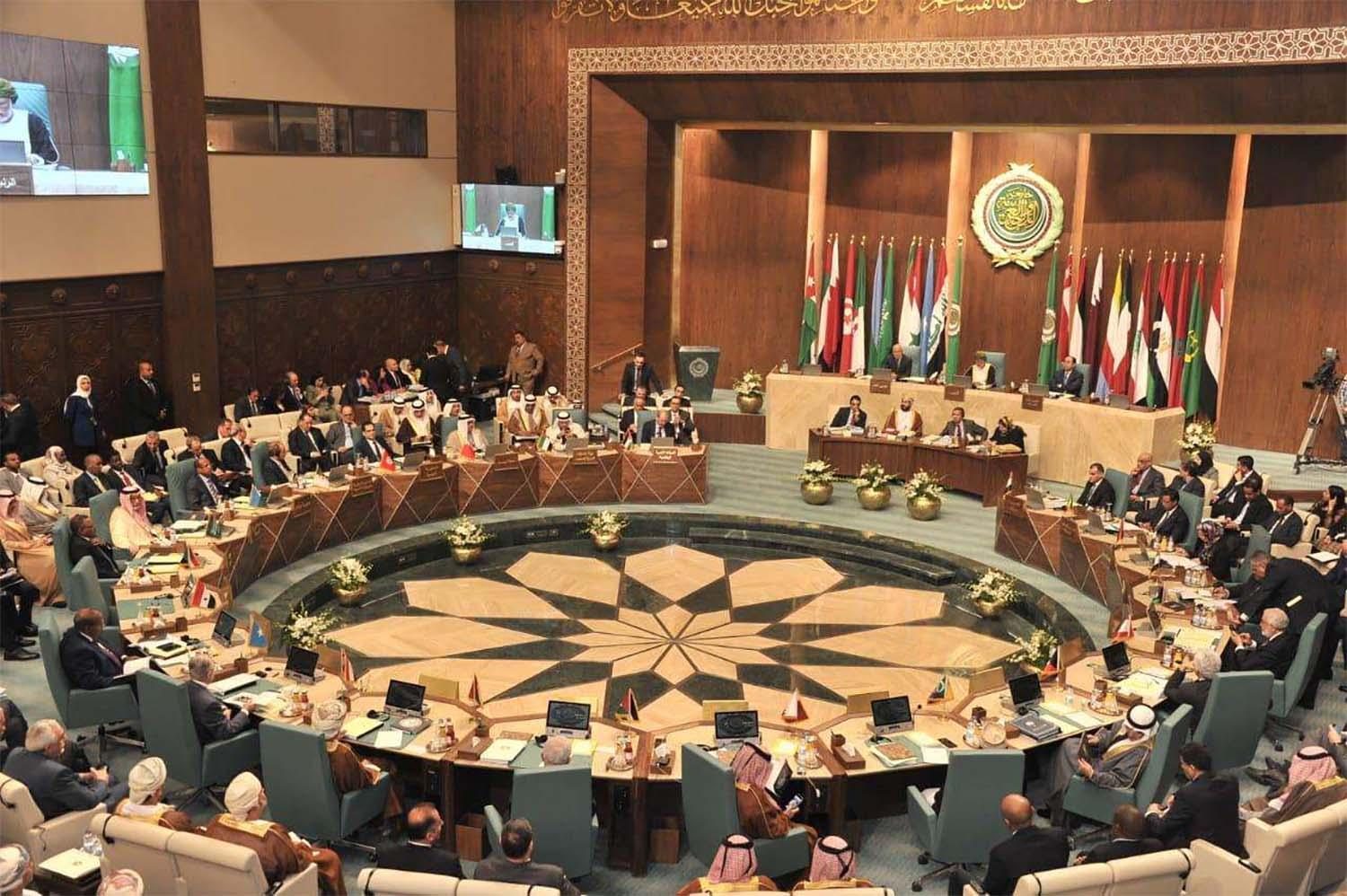At least 70 people have been killed in a series of airstrikes by the Saudi-led coalition over the weekend, leading to an internet blackout across the country.
Qatar took part in an “emergency” Council of the Arab League meeting in Cairo on Sunday to address the latest attacks on civilian areas in the UAE, affirming the Emirates’ “right to self-defence” in response to aggressions.
Taking place at the level of permanent delegates, Qatar was represented by its Permanent Representative to the Arab League, Ambassador Salem Mubarak Al Shafi.
“Ambassador Al Shafi reiterated the State of Qatar’s firm stance in strongly rejecting and condemning the recent attacks that targeted civilian areas in the UAE that led to several deaths and injuries,” read a statement by Doha’s Ministry of Foreign Affairs (MOFA).
The Qatari envoy also described attacks “targeting civilian installations” as an act of terrorism that violates international norms and laws.
The meeting took place a week after Iran-backed Houthi rebels conducted a drone and missile attack on oil facilities near Abu Dhabi International Airport, killing three civilians.
According to Al Jazeera, this was the first Houthi-claimed attack on the UAE since 2018.
The assault triggered the latest flare up in the ongoing conflict in Yemen and was met with global condemnation, especially amongst members of the Gulf Cooperation Council (GCC).
More recently, envoys attending the Arab League’s meeting expressed their concerns over the impact of such attacks on the region’s stability.
Could Saudi Arabia finally be ready to end its war in Yemen?
The bloc requested the Arab League Secretary-General Ahmed Aboul Gheit to follow up on the implementation of relevant UN resolutions, and present a report on the matter during the Council’s 157th ordinary session.
Attacks on Yemen
The Houthi attacks on the UAE were followed with a series of attacks on various parts in Yemen by the Saudi-led Coalition, which the Emirates is part of.
At least 70 people were killed and another 100 injured in an airstrike by the coalition on Friday, on a prison located in the northern City of Saada, which happens to be the Houthi rebel’s stronghold.
On Sunday, the Saudi-led coalition’s spokesman Turki al-Malki denied that it carried out the airstrike, describing reports over the targeting of the Houthi-controlled facility as “baseless and unfounded”.
Up to three children were also killed in another attack on telecommunications facilities in Hodeidah.
The airstrike disrupted internet access in most of the country, leaving many Yemenis unable to check on their families in the country during the latest escalations.
In 2014, the Houthis overran all government institutions in Sanaa and gained control of the city, forcing the internationally-recognised government to flee to Aden.
The conflict was exacerbated in 2015 after a Saudi Arabia-led military coalition intervened to reinstate the government of Abedrabbo Mansour Hadi.
Seven years on, at least 18,000 Yemeni civilians have been killed or wounded by airstrikes in Yemen, according to a UN report cited by the Associated Press (AP) in September last year.
However, the exact death toll of the conflict remains disputed, mainly due to the limited access to various parts of Yemen.
Meanwhile, a report released in 2020 found that at least 233,000 Yemenis have been killed, amongst them 131,000 who died as a result of malnutrition, lack of healthcare and medicine.
According to the World Food Programme (WFP), 16.2 million Yemenis are food insecure and nearly 50,000 people are living in what the agency described as “famine like conditions”.
Yemen also has one of the world’s highest rates of child malnutrition, with 2.3 million children under the age of five requiring treatment for acute malnutrition.
_______________________________________
Follow Doha News on Twitter, Instagram, Facebook and Youtube







